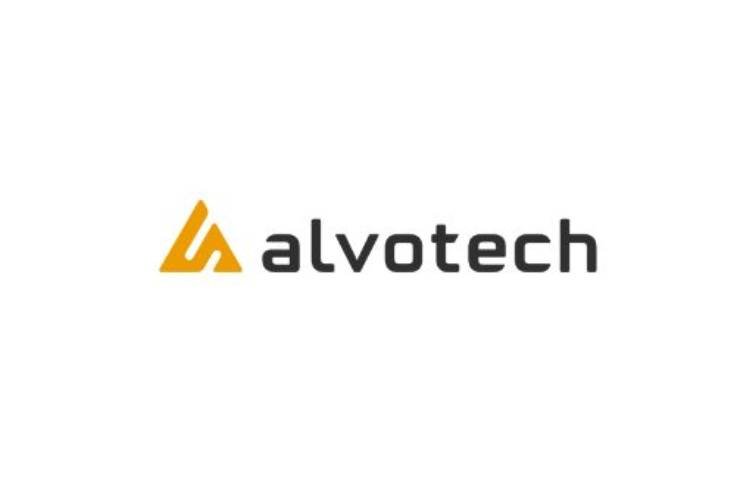Ongoing issues at the Alvotech manufacturing facility in Reykjavik have led to yet another FDA rejection, this time affecting the proposed biosimilar of Johnson & Johnson’s popular drug Stelara, which was developed in collaboration with Teva Pharmaceuticals. The FDA’s action on Alvotech’s AVT04 biosimilar cited “certain deficiencies” uncovered during a facility reinspection in March. These production shortcomings, which have caused three rejections of Teva and Alvotech’s Humira biosimilars since last September, must be addressed before the Stelara biosimilar application can gain approval.
Fortunately for Teva and Alvotech, their recent settlement with J&J provides them with ample time to address these challenges. The settlement agreement allows the biosimilar manufacturers to launch their version of Stelara no later than February 21, 2025.
Also Read: Another Stelara Patent Settlement Was Reached By J&J, This Time With Alvotech And Teva
“AVT04 has recently been approved in Japan, and other marketing applications for AVT04 are currently awaiting approval in other major markets. Based on our latest interactions with the FDA we are currently expecting that the agency will reinspect our facility in the beginning of next year. We look forward to being able to bring AVT04 to US patients, pending a satisfactory inspection and BLA approval, no later than in February 2025, in accordance with our license entry date agreement.”
– Robert Wessman, Chairman and CEO of Alvotech.
Alvotech acknowledged that the rejection of AVT04 in the United States was expected, given the previous setbacks faced by their Humira biosimilar and the issues uncovered during the FDA’s inspection of the Reykjavik plant. Apart from manufacturing concerns, the FDA raised no other objections to Teva and Alvotech’s application, which the partners plan to resubmit shortly.
Once the application for AVT04 is resubmitted, Alvotech anticipates a six-month review period by the FDA for its Stelara biosimilar.
Alvotech is already preparing for the FDA’s next visit to its Reykjavik facility, with an expected reinspection early in 2024, as per the company’s Chairman and CEO Robert Wessman.
In June, Johnson & Johnson granted Alvotech and Teva a license for their Stelara biosimilar in the US. The agreed-upon launch timeline for February 2025 puts the partners slightly behind Amgen, which also reached a separate agreement with J&J to potentially launch its own Stelara biosimilar no later than January 1, 2025.
Like Teva and Alvotech, Amgen has yet to secure FDA approval for its proposed biosimilar.
Also Read: Teva Wins License To Launch Generic Vivitrol In 2027 After Patent Settlement With Alkermes
The problems at Alvotech’s Reykjavik facility first emerged in September with the initial rejection of the company’s Humira biosimilar AVT02 by the FDA. The issues were similar to those that later impacted the Stelara biosimilar, with the FDA citing “deficiencies” following an inspection of the plant. This led to the publication of a Form 483 by the FDA, highlighting concerns related to procedural controls, the management of manufacturing deviations, and more.
In April, Teva and Alvotech received a second complete response letter rejecting AVT02, accompanied by another Form 483, specifying issues at the Reykjavik plant related to quality deficiencies, subpar record-keeping, problems with incoming stoppers, and inadequate computer controls, among other manufacturing shortcomings.
In spite of Alvotech’s ongoing manufacturing challenges, Teva reaffirmed its commitment to the partnership in July, pledging increased manufacturing involvement and providing $40 million in funding to support Alvotech. As part of the expanded agreement, Teva will enhance its presence at Alvotech’s Icelandic production site and offer on-site support in preparation for the next FDA inspection.





























